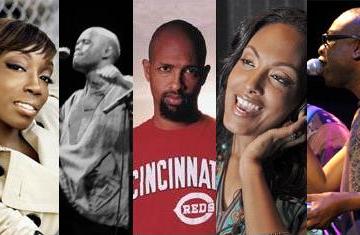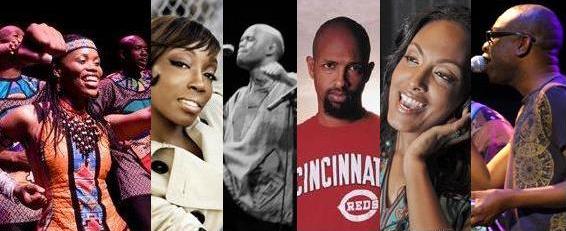
A HORDE of African musicians claimed their rightful stake at the Grammy Awards last week, instilling confidence that despite the socio-economic hurdles the continent faces, their talent cannot be ignored.
With over six nominations, they bagged a single win, but underwrote efforts by African musicians, showing that they are worthy of applause. The nominees were keenly chosen in the vigorous annual six-continent search for the 51st annual Grammy Awards presented in Los Angeles on Sunday, February 8, 2009.
South Africa’s legendary Iscathamiya music group, Ladysmith Black Mambazo, claimed their third Grammy Award, proving to be one of the most celebrated African music groups. Honouring African legends, the band walked away with the Best Traditional World Music Album award for their CD Ilembe, honouring Shaka Zulu, the most influential leader of southern Africa’s Zulu empire of the 19th Century. It was the third award for Black Mambazo after picking up Grammys in 1987 and 2005.
US Global Drum Project, which has some African representation, including Nigerian talking drum master Sikiru Adepoju, bagged the best Contemporary World Music Album award. Judges also nominated Senegalese megastar, Youssou N’Dour in this category for Rokku mi Rokka (Give and Take).
US-based Ethiopian-born musicians, Wayna (born Wayna Wondwossen), and Kenna (born Kenna Zemedkun), who were nominated for Best Urban/Alternative Performance were among the other prominent African nominees.
Wayna received a nomination for Lovin You, featuring Kokayi while Kenna received one for Say Goodbye to Love. Estelle Swaray, who has Senegalese roots, took the Best Rap/Song Collaboration for American Boy featuring Kanye West.
Music with African roots
The Soweto Gospel Choir’s Live at the Nelson Mandela Theatre album also entered for the best Contemporary World Music Album award, which the Global Drum Project scooped this time around. Had they won, it would have been their third Grammy in three years. Lead singer of Ladysmith Black Mambazo, Joseph Shabalala, founded the group in 1964. The a cappella group came to international attention in the late 1980s after working with Paul Simon on his celebrated Graceland album.
Overall, African-Americans also continued to dominate the prestigious awards with Akon, Mary Mary, Kirth Franklin, Lil Wayne, Jay-Z, Alicia Keys, Mary J Blige, Ne-Yo and Kanye West scooping most of the awards.
If this trend continues, African artists and their counterparts in the Diaspora are poised to claim back the continental pride that most music genres today have their roots in Africa.


























